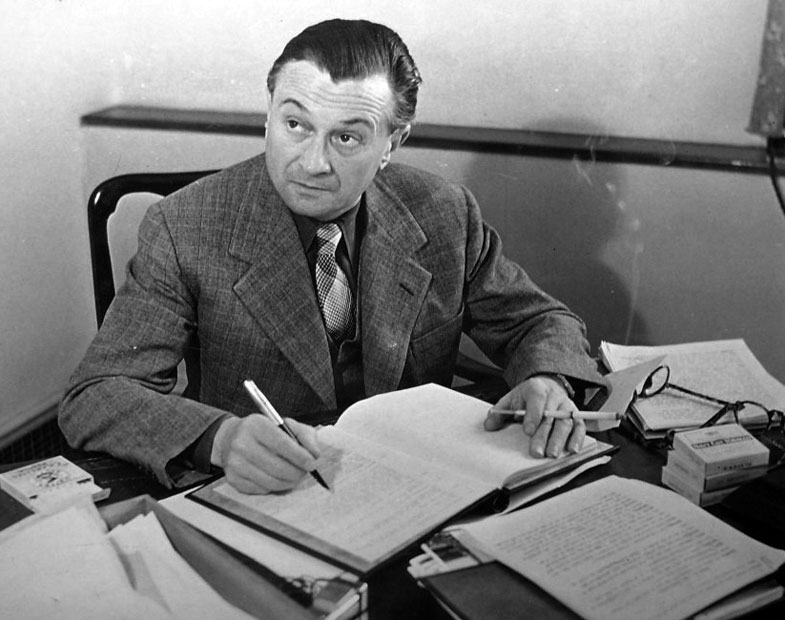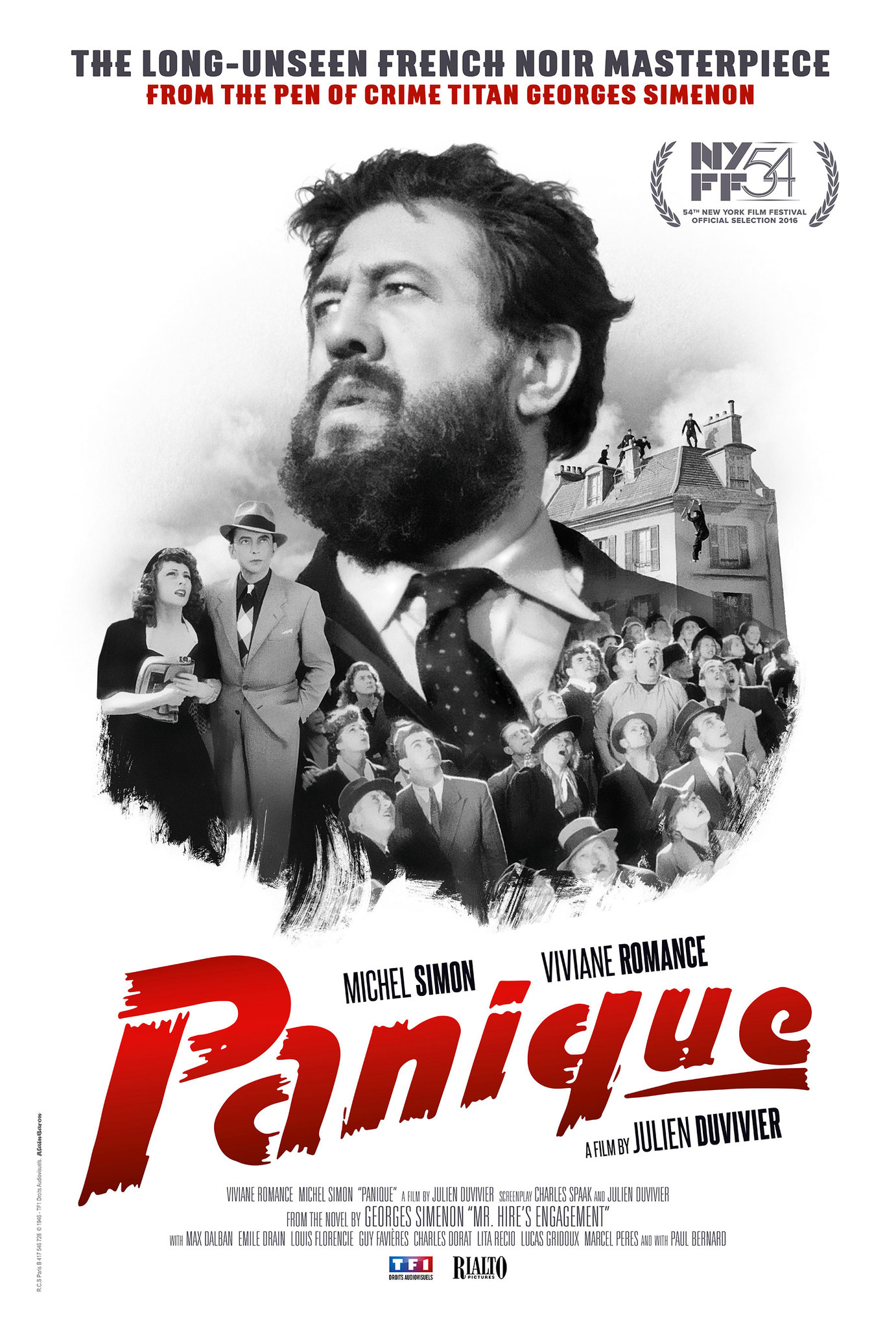
Julien Duvivier
Birthdate – October 3, 1896 (128 Years Old)
Birthplace – Lille, Nord, France
Revered by such legendary fellow directors as Ingmar Bergman and Jean Renoir, Julien Duvivier is one of the most legendary figures in the history of French cinema. He is perhaps the most neglected of the “Big Five” of classic French cinema (the other four being Jean Renoir, Rene Clair, Jacques Feyder, and Marcel Carne), partly due to the uneven quality of his work. But despite his misfires, the cream of his oeuvre is simply stellar and deserves to be mentioned in the same breath as filmdom’s most breathtaking masterpieces. Initially working as a stage actor, Duvivier began his movie career in 1918 as an assistant to such seminal French helmsmen as Louis Feuillade and Marcel L’Herbier. A year later, he directed his first film, “Haceldama ou le prix du sang” (1919), which was not successful and evinced nothing of the lyricism and beauty that would define the director’s later work. He continued directing, however, eventually earning a job with Film D’Art, a production company founded by producers Marcel Vandal and Charles Delac. It was here, at Film D’Art, that Duvivier was to really find his way at an artist. In the 1930s, Duvivier’s talents came into full bloom, beginning with “David Golder” in 1930. Duvivier’s subsequent efforts in this decade, aided by the advent of sound in motion pictures, would establish Duvivier as one of the leading forces in world cinema. It was also in the 1930s that Duvivier began working with Jean Gabin, an actor who would appear in many of Duvivier’s most career-defining films, most notably “Pepe le Moko” (1937). “Pepe” was the cracklingly entertaining story of a sly gangster and master thief (Gabin) who lives in the casbah section of Algiers. A prince of the underworld, Pepe’s criminal mastery is shaken when his arch nemesis Inspector Slimane, exploits a young Parisian beauty as a ploy to capture this most elusive the casbah’s crooks. The latter film made Jean Gabin an international star and also attained enough popularity and critical acclaim to earn Duvivier an invitation from MGM to direct a biopic of great director Johann Strauss, entitled “The Great Waltz” (1938). Duvivier found Hollywood agreeable and would later return there during WWII. His wartime output was of varied quality, one of the most meritorious being “Tales of Manhattan” (1942). Duvivier returned to France after the war, where he found his reputation and standing to be badly damaged by his absence during the war years. He continued to work in France for the remainder of his life, however, eventually regaining success with such films as the Fernandel vehicle “Le Petit monde de Don camilo” (1951) which as awarded a prize at the Venice Film Festival. Duvivier had just completed production on his final project, “Diaboliquement vôtre” (1967), when he was killed in an auto accident at the age of 71. Though his life and career ended with this tragic accident, his legacy lives on through his films and in the minds and hearts of many.

